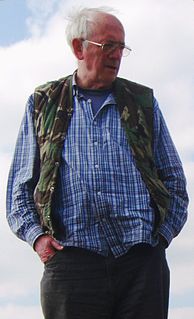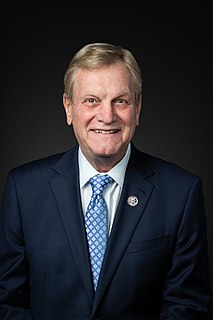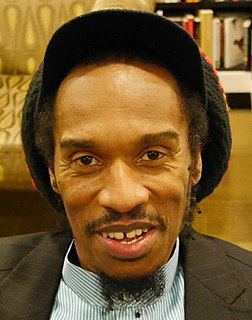A Quote by Studs Terkel
I'm called an oral historian, which is something of a joke. Oral history was here long before the pen, long before Gutenberg and the printing press. The difference is I have a tape recorder in my hand.
Related Quotes
People are always saying it's the end of the Gutenberg era. More to the point, it's a return to an oral era. The Gutenberg galaxy was about the written word. At its best, the digital era is part of the rediscovery of the oral. At its worst, it's a Kafkaesque victory of the bureaucratic over the imagination.
Before Gutenberg, there was this really very strong oral storytelling culture where being able to relay stories from person to person was sufficient. And then, with the introduction of printing and mass communication, suddenly somebody had a lot of authority invested in the idea of a single canonical expression of a document or a piece of communication.
Oral history is a research method. It is a way of conducting long, highly detailed interviews with people about their life experiences, often in multiple interview sessions. Oral history allows the person being interviewed to use their own language to talk about events in their life and the method is used by researchers in different fields like history, anthropology and sociology.
My book, Oral History: Understanding Qualitative Research is about how researchers use this method and how to write up their oral history projects so that audiences can read them. It's important that researchers have many different tools available to study people's lives and the cultures we live in. I think oral history is a most needed and uniquely important strategy.
Moreover, it is so important that people have the opportunity to share their stories and have them documented. There have been large-scale oral history projects after many events, from September 11th to Hurricane Katrina. Many oral history projects are much more confined, but equally valuable. We can learn about different working conditions, living conditions, trauma experiences and much more through oral history.
I made some friends at Listerine and they taught me a little bit about oral care. That half of adults suffer from oral disease, that the number one chronic disease among children is oral disease, that we're only taking care of 25% of our mouths when brushing alone and there are more germs in your mouth than there are people on the planet.





























